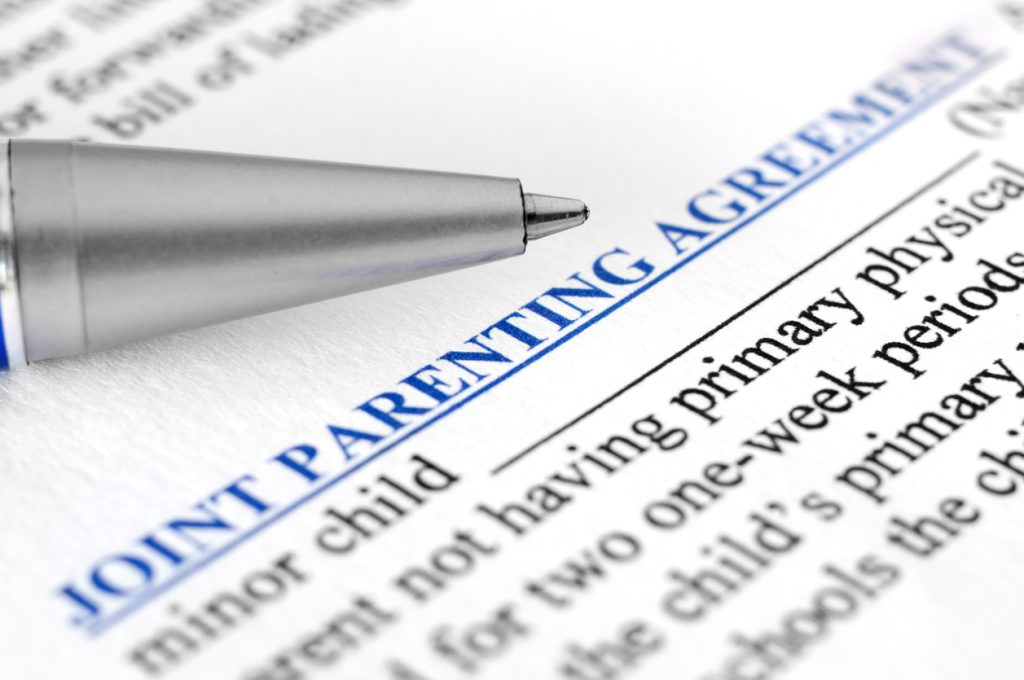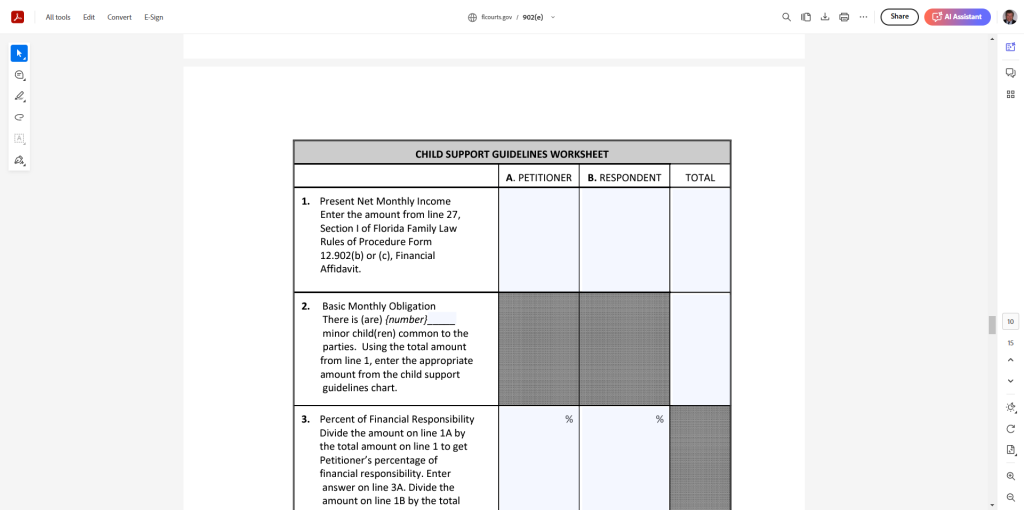Estimated reading time: 3 minutes
In Florida, divorces involving children and property division typically follow certain procedures and guidelines. Here’s a general overview:
Filing for Divorce:
To initiate the divorce process, one spouse must file a petition for dissolution of marriage with the circuit court in the county where they reside. They must meet Florida’s residency requirements, which typically means one spouse must have lived in Florida for at least six months prior to filing.
Parenting Plan
If children are involved, both spouses must create a parenting plan outlining how they will share parental responsibilities and time-sharing (visitation) arrangements. This plan should address decision-making authority regarding the child’s education, healthcare, religion, and other important aspects of their upbringing.

Child Support:
Florida has guidelines for child support based on each parent’s income and the number of children. The court will usually order child support payments from one parent to the other to ensure the child’s financial needs are met.

- Property Division: Florida follows the principle of equitable distribution, which means that marital property is divided fairly, though not necessarily equally, between the spouses. Marital property generally includes assets and debts acquired during the marriage, excluding any assets specifically designated as separate property.
- Alimony: Alimony, also known as spousal support, may be awarded if one spouse requires financial assistance from the other. The court considers factors such as the length of the marriage, each spouse’s financial resources, and their contributions to the marriage when determining alimony.
- Mediation and Settlement: Before going to trial, divorcing couples in Florida are typically required to attempt mediation to reach agreements on issues such as child custody, visitation, support, and property division. If they can’t reach a settlement through mediation, the case may proceed to trial, where a judge will make decisions on contested issues.

Final Judgment: Once all issues are resolved, either through settlement or trial, the court will issue a final judgment of dissolution of marriage. This document legally terminates the marriage and outlines the rights and responsibilities of each party regarding child custody, support, property division, and any other relevant matters.
It’s important for individuals going through a divorce in Florida to consult with an attorney who specializes in family law to ensure their rights are protected and to navigate the complexities of the legal process effectively.
Questions about divorce? Call attorney Joel Lipinski today for a free consultation or complete the form below.

